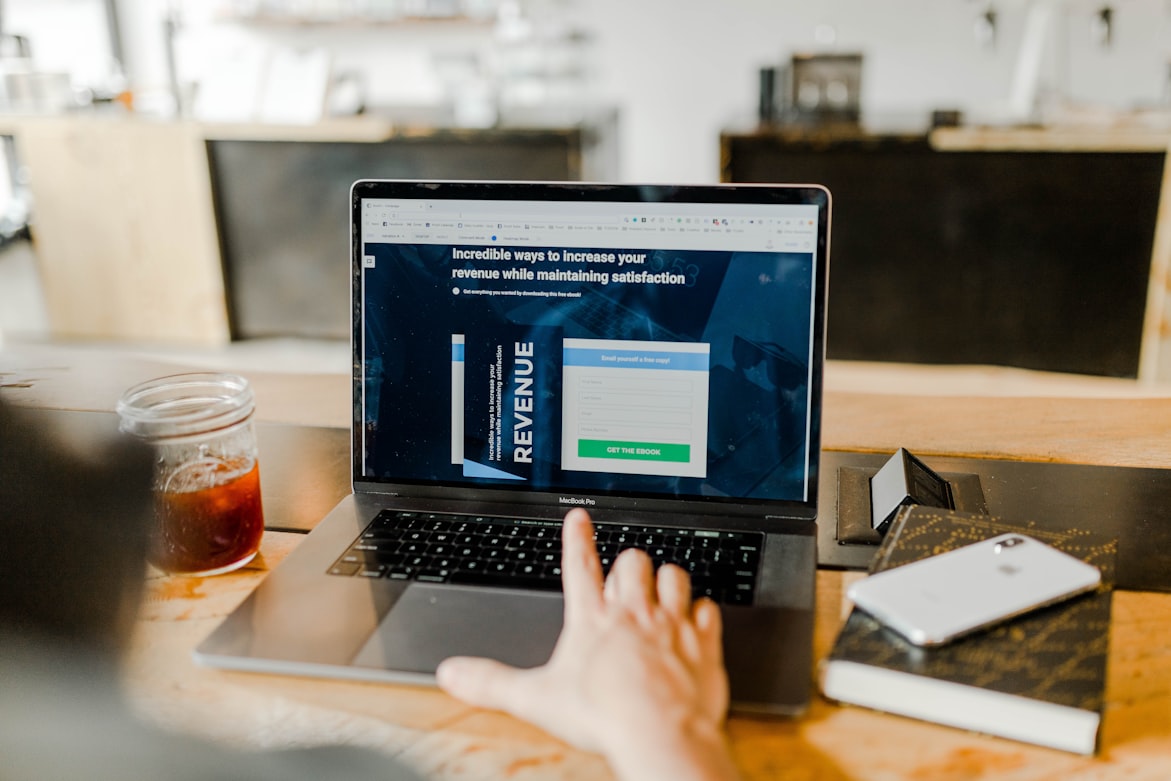Internet has become an integral part of our everyday life. It brings us too many benefits in terms of gaining knowledge, communication and entertainment. On the other hand it also poses risk of potential security threats that makes every internet users vulnerable to fraud, identity theft, and other numerous scams. If we are not careful enough we may be the victim of unprecedented threat. We can not completely stop or block online threats but keeping few things in mind, we can reduce the probability of being ourselves a victim. In this post we briefly discuss the most common security threats and also share some actionable tips to protect yourself from online threats.
Most common security threats
Hacker: The term hacker refers to a person who can gain unauthorized access to a computer or a network to commit crimes. A skilled hacker is capable of stealing your credentials, gaining access to the personal information, destroying your data and so on. A hacker may use malware or phishing techniques to attack the target.
Malware: Malware is a software that is designed to damage, disrupt, or infect computers. It may include viruses, Trojan horses, worms, spywares etc. Through the malware anonymous person may gain unauthorized access to a computer and use it for their benefit without the owner’s knowledge. Spywares spy on your online activities and send sensitive information like username and password to the hacker secretly.
Phishing: Phishing is a method where scammer uses deceptive emails or websites and tries to obtain valuable personal information. It is a very common online scam used by cyber criminals.
10 Tips to Protect Yourself from Online Threats
We can not completely stop possible online threats but keeping few things in mind we can reduce the probability of being a victim. The following are recommend to keep yourself safe online:
- Keep your devices updated
Up to date devices are the best defenses against viruses, malware, and other online threats. Turn on automatic updates ensure that you receive the newest patches and bug-fixes regularly.
- Use strong passwords
A strong password is hard to crack. Longer passwords with a mix of upper and lowercase letters, numbers, and special characters are considered strong. Update your password be make it stronger.
- Be aware of phishing scams
Phishing scams use fraudulent emails and websites to trick users into disclosing private account or login information. Do not click on links or pop-up screens from unknown sources and unexpected invites. Carefully watch the second part of an email (after @ sign) to ensure its legitimacy. Don’t open any suspicious emails or the websites.
- Avoid sharing personal information
Your personal information is the hints for hackers to figure out your passwords and answer of security questions associated with your account. Lock your privacy settings, be cautious while sharing personal information like birthdays, addresses and so on and never get connected with strangers in social media.
- Secure your internet connection
Remember to protect your home wireless network with a password. This helps keep unnecessary persons away from your network devices. Be cautious while using public networks.
- Use two-factor authentication
Two-factor authentication requires you to verify your identity through additional device in addition to logging in with your username and password. Two-factor authentication may take a couple of extra seconds but it can reduce the possibility of unauthorized access to your online account.
- Back up your data regularly
Once you are a victim of any attack, it is possible that you may lose control of your data forever unless you pay ransom. So, regular backup is only the rescue in such scenario.
- Never download suspicious files
Any type of suspicious files including software may contain viruses or spywares. So, if you are not sure, keep yourself away from such suspicious files. Never download and don’t open if downloaded unknowingly.
- Use anti-virus software
To keep your devices safe from viruses and suspicious software, remember to install anti-virus software and keep updated. Even free options will work to some extent.
- Never share your passwords
Keep your account details secret. Never share your account passwords with anyone at any cost. Support personnel and help-desks never asks for your passwords, if anybody asks, say NO.
Final Words on Protect Yourself from Online Threats
There are numerous security threats that make every internet users vulnerable. We can not completely stop possible online threats but keeping few things in mind we can reduce the probability of being a victim. It is important that we are aware of online threats and possible measures to protect ourselves. Share the knowledge with your family and friends and keep them safe from being a victim of any online threats.
Read more articles on Technology and How-to in our blog.




